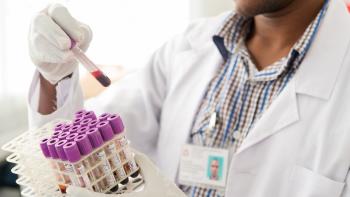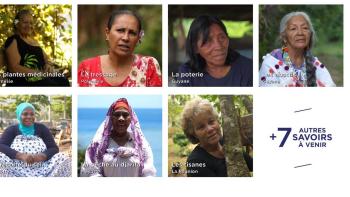In Niger, where the health sector suffers from structural underfunding, a multi-donor fund, the Common Health Sector Fund, was set up in 2006 at the initiative of the Ministry of Public Health, with initial support from Agence Française de Développement and the World Bank. It now includes six donors and has mobilized €91 million between 2015 and 2019.
Further reading: Two Years of Evaluations at AFD: A Report (in French)
This fund aims to help improve the health status of the population, especially for women and children, by supporting the implementation of the Niger Health Development Plan (PDS). By channeling partners’ resources, its objective is to support the State’s capacity to deliver health services nationwide.
A participatory evaluation
The evaluation of the fund’s operating methods and effects used a very participatory methodology involving ministry officials at the central and decentralized levels and all the partners. The lessons learned from it have fed into the design of AFD’s 4th tranche of support to the fund.
The evaluation has shown that the fund has become increasingly relevant over time. It has adapted its management methods to the wishes of partners to target their financing on the priority activities of the PDS, while respecting the principles of the alignment of aid. It has also strengthened the strategic dialogue between the ministry and its partners, although the coordination between them still requires improvement.
Budgets tripled
Another very positive observation is that the fund is a very efficient management mechanism and the quality of its trust management is commended. This can be seen by the fact that the budgets were tripled between 2018 and 2019 compared to the previous periods. Everyone has set up clear and appropriate procedures, which have strengthened the ministry’s management capacity. It is also the only sure and predictable “partner” for regional health departments, allowing them to finance their annual activity plans.
However, the evaluation points out significant shortcomings in finance monitoring, achievements and outcomes. This makes it impossible to measure the effectiveness of targeted action. More generally, the evaluation reiterates the repeated observation that PDS planning is bottom-up and that its system of monitoring and evaluation is of poor quality.
 Analysis by Dr. Abaché Ranaou, Secretary General of the Ministry of Public Health and strategic coordinator of the Common Health Sector Fund:
Analysis by Dr. Abaché Ranaou, Secretary General of the Ministry of Public Health and strategic coordinator of the Common Health Sector Fund:
“To ensure a coordinated implementation of the successive Health Development Plans that aim to contribute to promoting the social well-being of the Nigerien population, the Ministry of Public Health, in conjunction with the technical and financial partners in the sector, set up a common donor fund in 2005, which became operational in 2006. The objective was to facilitate the alignment of partners’ activities with national priorities, the harmonization of their operations and the predictability and stability of the available international aid.
"The evaluation of the fund managed by AFD has shown generally positive outcomes. The findings of this study enhance the confidence of the technical and financial partners in the Ministry of Public Health and prompt me to once again urge all partners to join this fund, which benefits the people, and is a source of national pride.
"While the evaluation identifies tangible results, it also mentions areas for improvement. The Common Health Sector Fund requires more adjustments, such as strengthening communication, programming, monitoring and evaluation. Indeed, to convince the technical and financial partners and other stakeholders, we feel it is essential to emphasize the visibility of activities and outcomes achieved in view of the resources mobilized.”
→ Read the rest of this testimony in the online report on AFD’s evaluations in Africa (in French)














